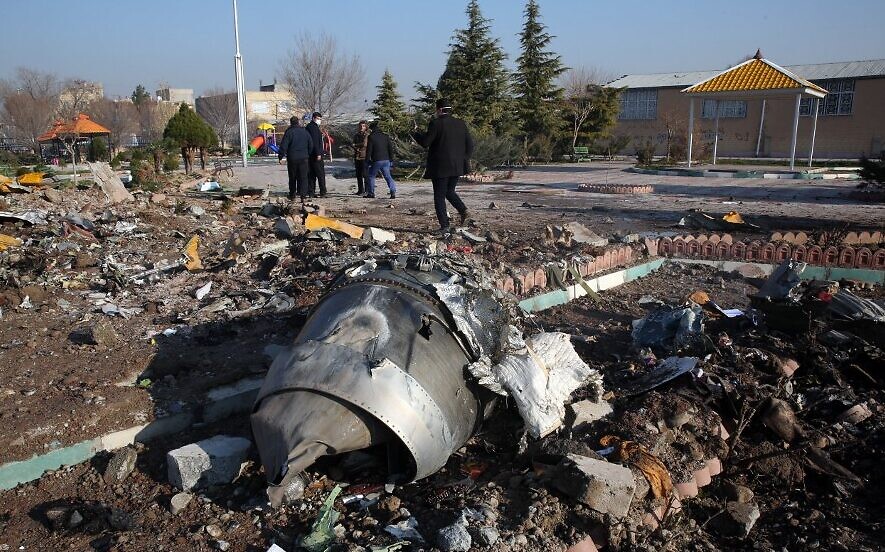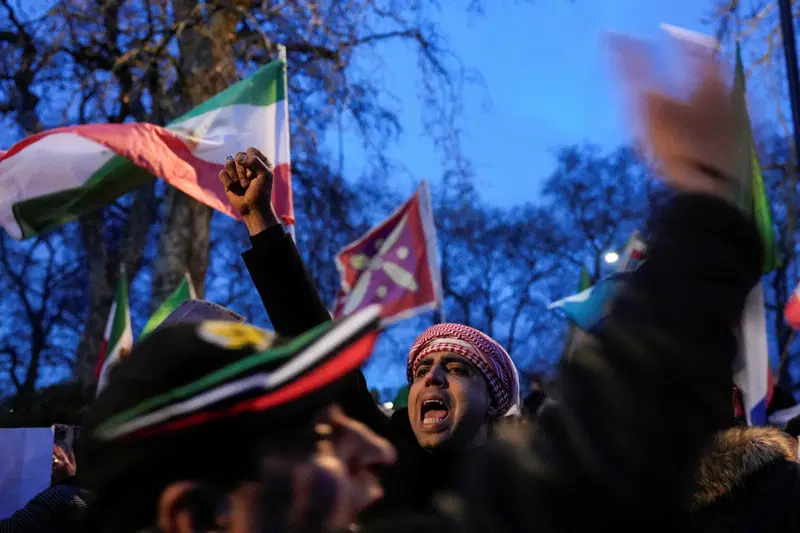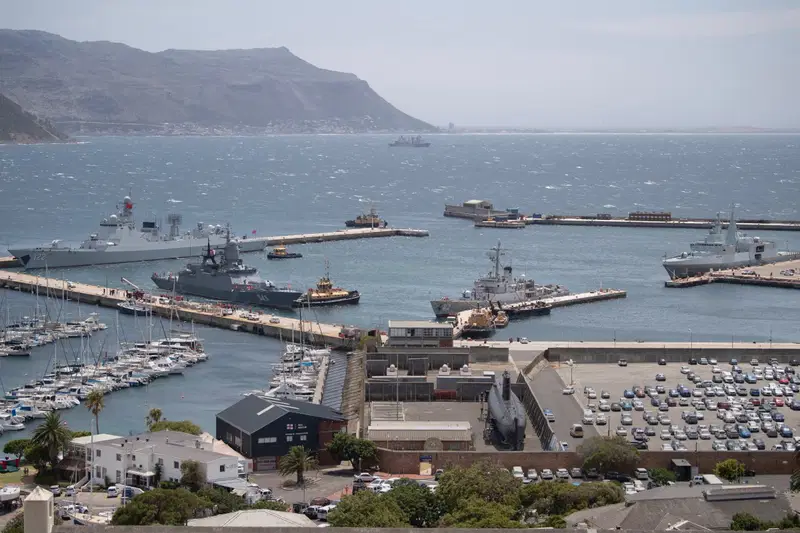A court in Iran has sentenced 10 armed forces personnel to prison over the shooting down of Ukraine International Airlines flight PS752 in January 2020.
The plane was hit by two missiles fired by a Revolutionary Guards air defence unit after it took off from Tehran. All 176 people on board were killed.
The unit’s commander was sentenced to 13 years for being an accessory to manslaughter and disobeying orders.
Victims’ families rejected the verdicts as “meaningless and unacceptable”.
They said the Iranian judiciary had prosecuted low-ranking officers and not the “main perpetrators of this crime”.
Ukraine and three other countries whose citizens or residents were killed – Canada, the UK and Sweden – have said the missiles were launched unlawfully and intentionally at the plane and pledged to hold Iran to account.
For the first three days after flight PS752 crashed, Iran’s armed forces denied any responsibility and suggested there had been a technical failure.
But as evidence mounted, the Revolutionary Guards’ Aerospace Force said an air defence unit had mistaken the Boeing 737-800 for a US missile.
Iran’s air defences had been on high alert at the time because the country had just fired ballistic missiles at two Iraqi military bases hosting US forces in retaliation for the killing of top Revolutionary Guards general Qasem Soleimani in a US drone strike in Baghdad five days earlier.
In 2021, the Civil Aviation Organisation of Iran (CAOI) issued a final report that blamed human error by the Revolutionary Guards air defence unit. It said the operator “misidentified” the flight PS752 as hostile because systems had not been adjusted following a tactical relocation, and that the operator fired the surface-to-air missiles without authorisation from a commander.
Ukraine dismissed the report at the time as a “cynical attempt” to conceal the truth and “whitewash” the Islamic Republic, saying it failed to answer key questions about what happened, was incomplete and was missing evidence.
On Sunday, the Iranian judiciary’s Mizan news agency reported that the air defence unit’s commander had been sentenced to 10 years in prison for firing missiles without authorisation and three years for accessory to manslaughter.
Nine other unnamed personnel “of various ranks” were sentenced to between one and three years, including two who handled the missile system, Mizan said, adding that the verdicts were subject to appeal.
The Association of Families of Flight PS752 Victims said it did not recognise the court’s legitimacy due to the lack of impartiality and independence.
“This court did not prosecute the commanders and main perpetrators of this crime, introduced 10 accused low-ranking officers with total obscurity of their backgrounds and identities, held sessions in private, flouted the families who attended the hearings, and ultimately issued a sham ruling to end this show in keeping with their predetermined scenario without conducting any full, impartial investigation,” it added.
The association asserted that the downing remained an “open-case” and demanded the other affected countries refer the dispute to the International Court of Justice, support its complaint filed to the International Criminal Court, and designate the Revolutionary Guards as a terrorist organisation.










